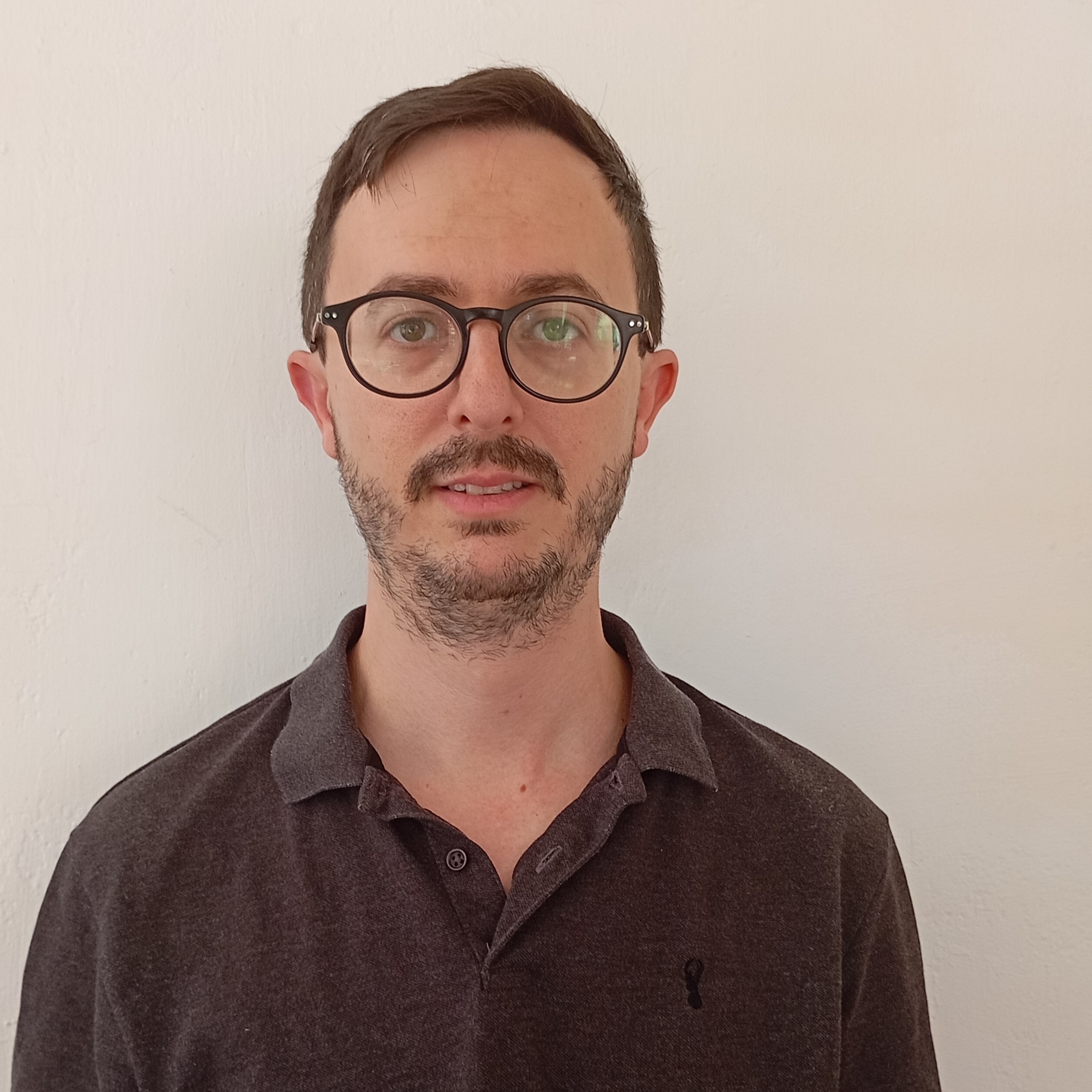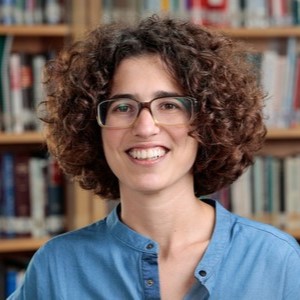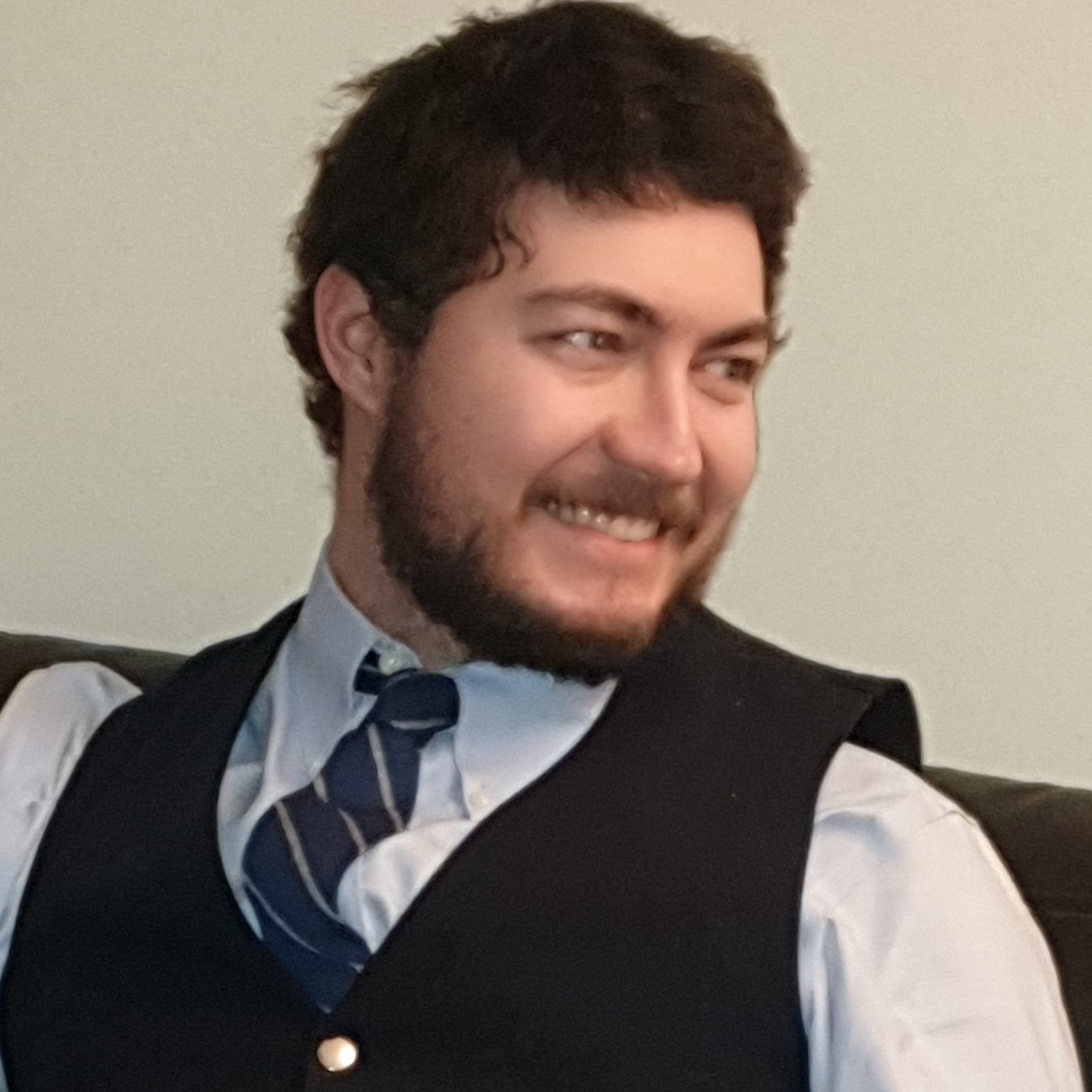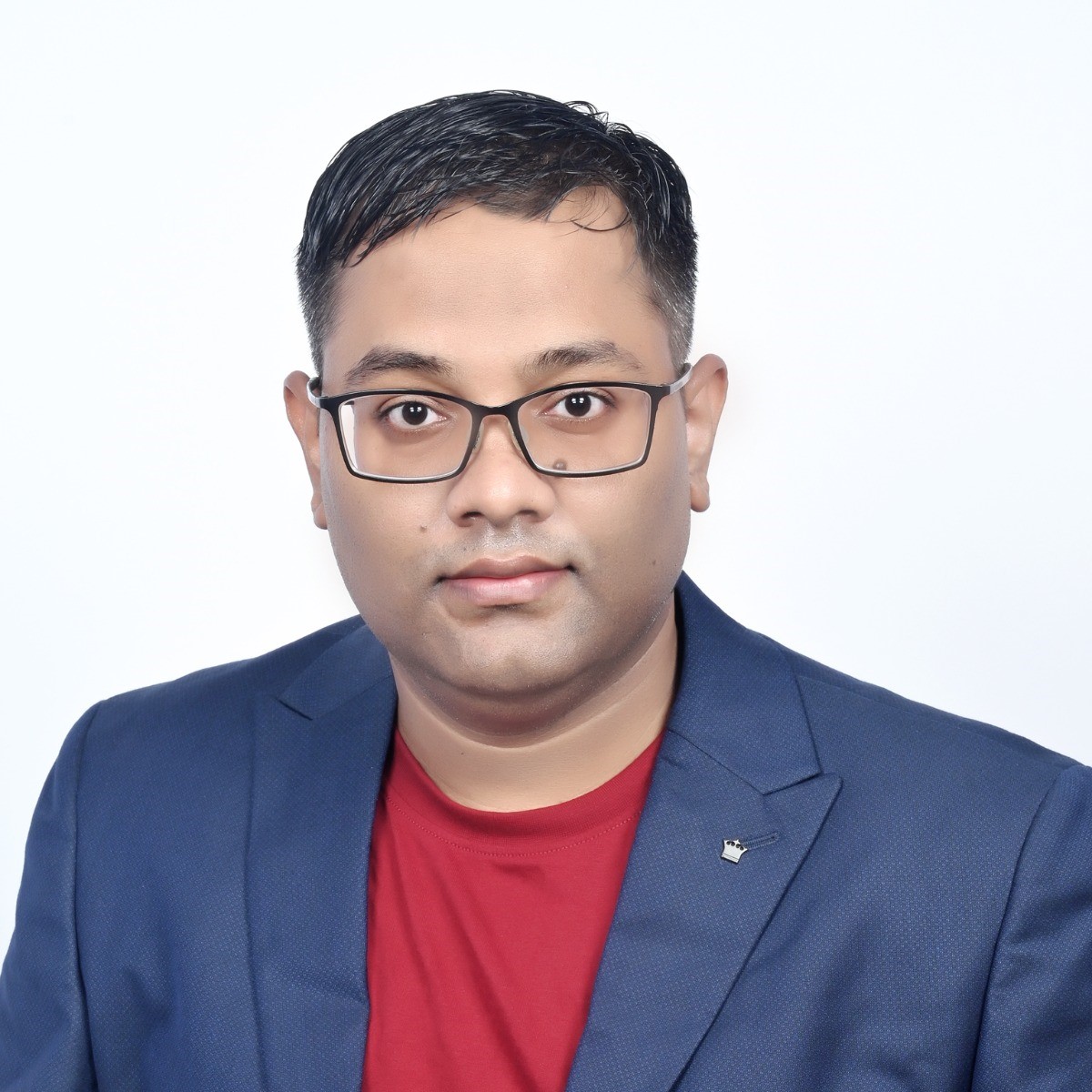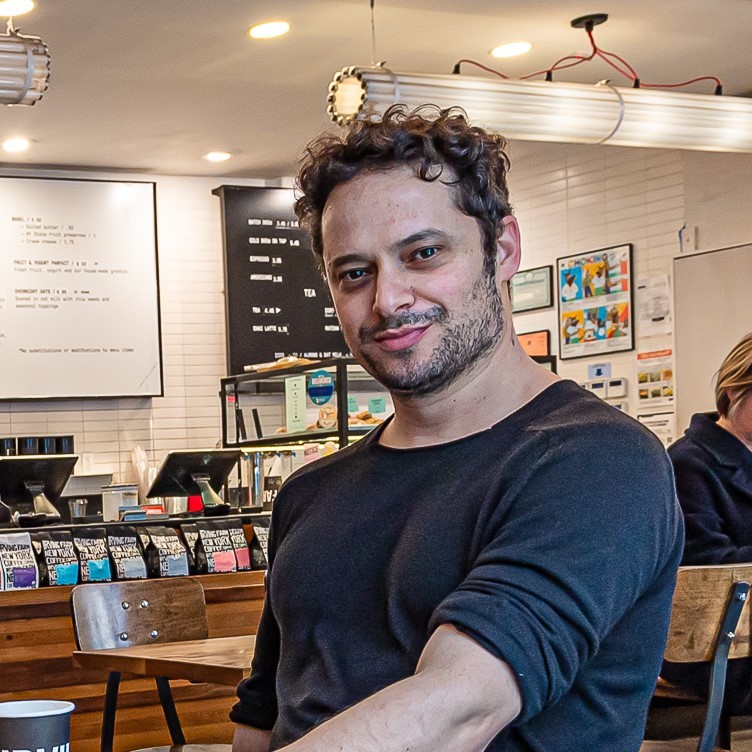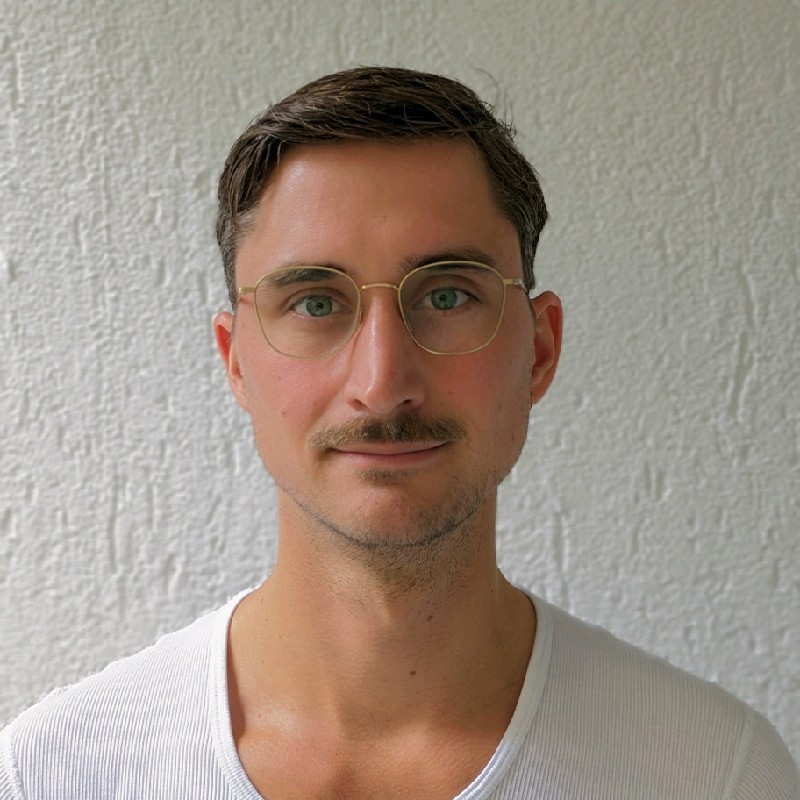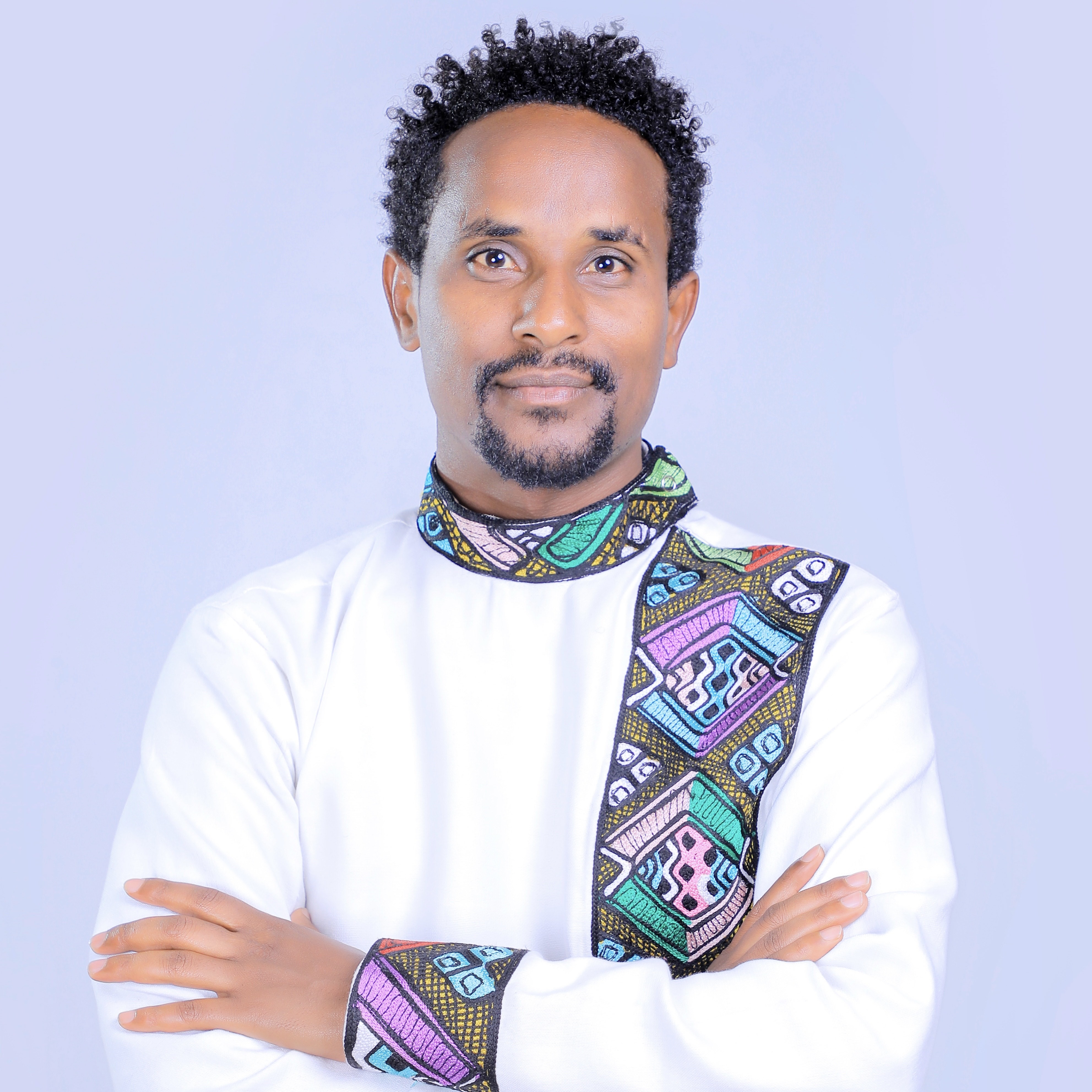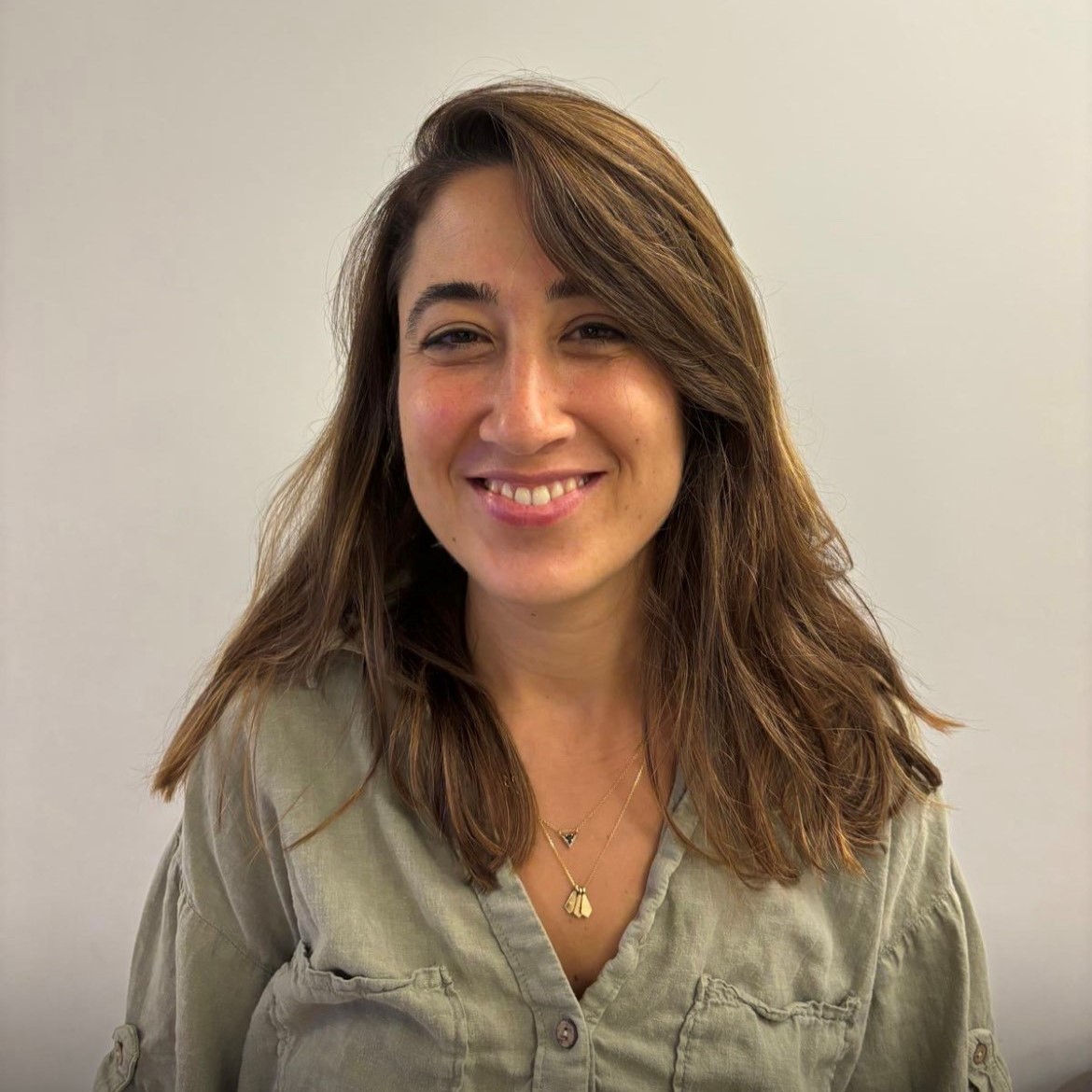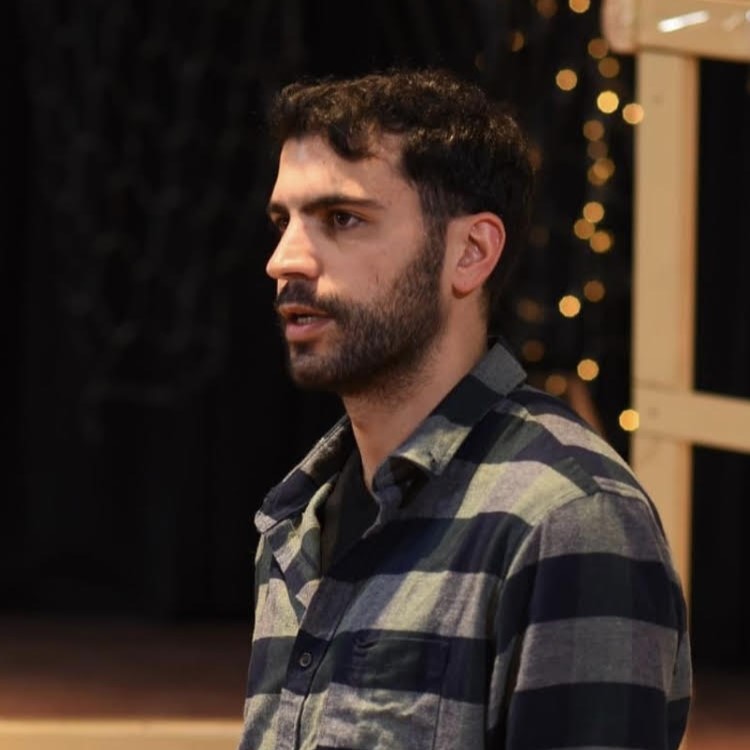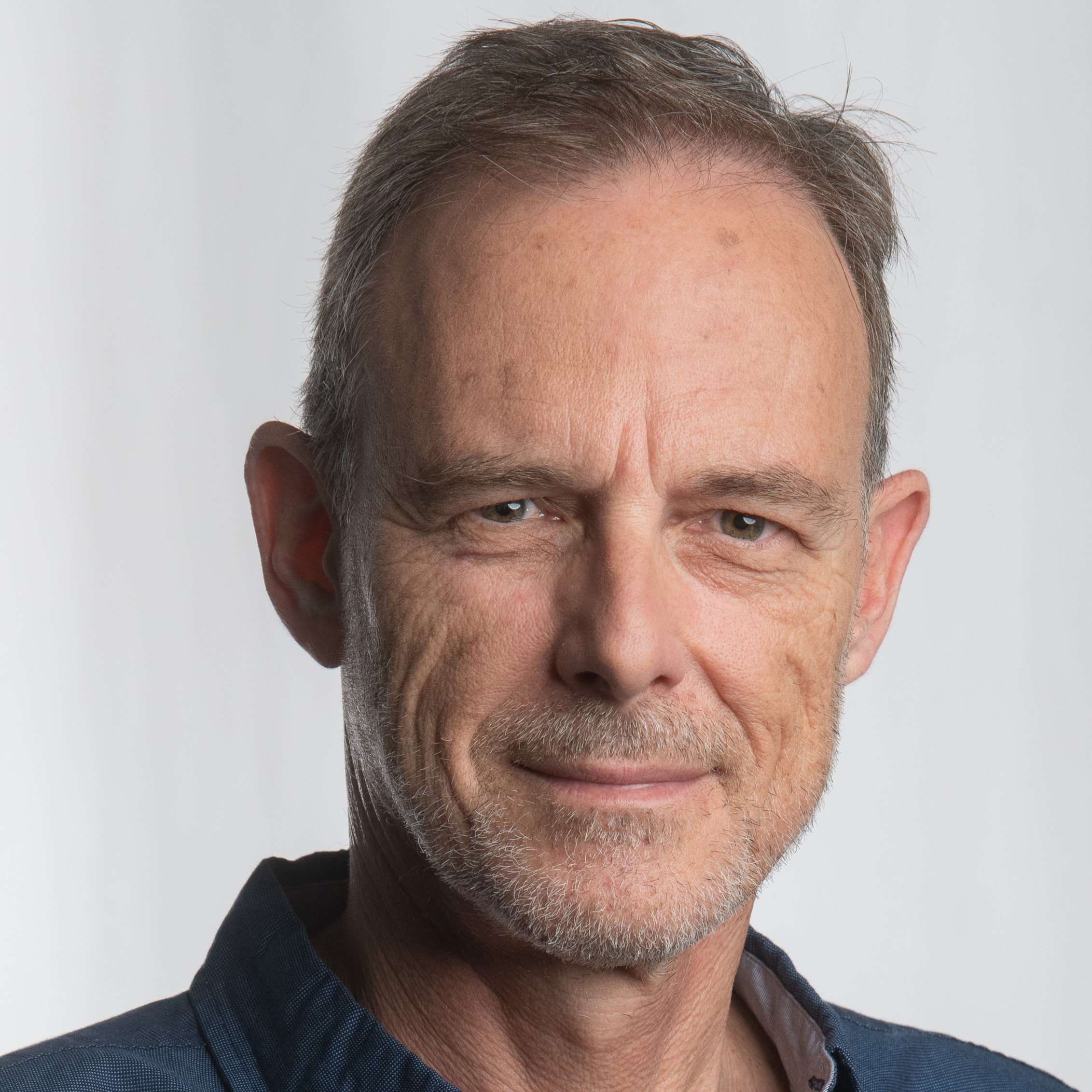Fellows Academic Program
Post–Doctorate Fellowship 2024-25
|
Or Dar |
|
|---|---|
|
|
Or Dar received his PhD in political science from Tel Aviv University. His dissertation focused on radical-left parties’ mobilization strategies in Europe after the 2008 economic crisis and under conditions of social atomization. As a postdoc in Haifa Center of Inequality Research at Haifa University, Dar studied the involvement of business people in the protest against the judicial reform in Israel, and business’ structural power. The motivation behind those studies was to examine the political stability of the neoliberal order, and the forces and coalitions that support and oppose it. As a postdoctoral fellow at the Safra Center, Dar will keep pursuing this motivation by studying the role of business in mainstreaming radical-right parties in Europe. Dar holds an MA in philosophy of science and a BA in mathematics and economics from the Hebrew University of Jerusalem. |
|
Netta Kahana |
|
|---|---|
|
|
Netta Kahana is a cultural sociologist. Her research investigates how people understand and express their moral commitment to distant strangers, a classic question in social science that is of timely relevance in the face of increasing polarization and moral divides in many post-industrial democracies worldwide. Her current project examines this question via a comparative study of different volunteering sites. Netta received her PhD from The Department Sociology and Anthropology at the Hebrew University of Jerusalem. Her doctoral dissertation focused on volunteer tourism — a burgeoning practice that combines tourism and volunteering in disadvantaged communities—and explored moral commitment to distant strangers across physical, cultural, and social boundaries. During her PhD studies, Netta was a doctoral fellow at the Israeli Democracy Institute, a board member of the Israeli Sociological Association, and chaired its Doctoral Students and Junior Scholars Network. Prior to joining the Edmond J. Safra Center for Ethics, Netta was a postdoctoral fellow at the Business School at Hebrew University. Her work has been published in top-ranking journals such as Annals of Tourism Research, Social Problems, Journal of Hospitality and Tourism Management, and Tourist Studies. |
|
Jochanan "JD" Mussel |
|
|---|---|
|
|
Jochanan "JD" Mussel is a comparative political scientist holding a PhD from the University of California, Davis. His dissertation examines the role of party systems constitutional amendment processes to make the case for a refined approach to veto player analysis. At Safra, he will be working on expanding his work on the politics of constitutional amendment and exploring the connection between the difficulty of amendment and judicial independence. Beyond constitutional politics, his interest in comparative political institutions is very broad, including such topics as electoral systems, executive-legislative relations, federalism, and the design of constitutional amendment rules and judicial review. In previous research, he has looked into the effect of parliamentary dissolution rules on party discipline. He has recently published a co-authored paper on whether Australia's electoral system and other institutions foster two-party convergence (Party Politics, 2023). |
|
Shani Schnitzer |
|
|---|---|
|
|
Shani is a PhD Candidate, nearing the completion of her dissertation, at Tel Aviv University Faculty of Law. Her main fields of research are legal history, public law and criminal law. Work from her PhD has received recognition, earning the Cegla Student Paper Prize for Exceptional Legal Articles and an honorable mention for an outstanding article from both the Israel Law and Society Association and the Israeli History and Law Association. As a postdoctoral fellow at the Safra Center, Shani will examine the lingering effect of colonial states of emergency from a comparative perspective, focusing primarily on Israel and India. Prior to pursuing a doctoral degree in the direct course of studies toward a PhD, Shani earned an LL.B. (magna cum laude) from Tel Aviv University and completed a one-year legal internship at the Israeli Ministry of Justice (Office of Legal Counsel and Legislative Affairs). She had previously obtained a B.A. (magna cum laude) in East Asian Studies from Tel Aviv University and an M.A. (magna cum laude) in Legal Studies for Non-Jurists from Bar-Ilan University. From 2020 to 2023, Shani served on ICON-S-IL Blog's editorial board, first as editor and subsequently as executive editor and blog manager. She has also taught courses at Tel Aviv University Faculty of Law, where she received the Rector's Award for Excellence in Teaching, and Reichman University Law School. In the academic year 2024-25 she will be teaching at the Hebrew University Faculty of Law. |
|
Sumit Sonkar |
|
|---|---|
|
|
Dr Sumit Sonkar holds a PhD in Law from the Chinese University of Hong Kong. With the support of research grants from the German Academic Exchange Service (DAAD) and the Austrian Federal Ministry of Education, Science and Research (BMBWF), Dr Sonkar held visiting positions at the Max Planck Institute of Social Anthropology and the University of Vienna. Dr. Sonkar’s research interests include democratic theory, institutions, rule of law and socio-legal studies. Currently, Dr Sonkar is working on his upcoming monograph, “Gender, Freedom of Religion and Progressive Constitutionalism: The Impact of the Sabarimala Decision in India,” to be published with Routledge. Dr Sonkar’s research has been published in top-tier journals such as the Oxford Journal of Law and Religion, the Journal of Law and Religion, the Australian Journal of Asian Law, and the Journal of Comparative Law. At Safra Center, Dr Sonkar will examine the role of legal professionals in addressing the democratic decline in India. |
|
Meir Yarom |
|
|---|---|
|
|
Meir has just returned from Sydney Law School, where he was the Julius Stone Fellow at the Julius Stone Institute of Jurisprudence. His research focuses on analytical and normative legal theory, and he is specifically interested in the systematic nature of law; in its relation to power, on the one hand, and to adjacent normative systems, on the other; and in the connection between legal and political philosophy. His doctoral dissertation, written at NYU School of law under the supervision of Professor Jeremy Waldron, offers a novel conceptualization of coherence and applies the concept to contemporary discussions in legal theory. Meir’s intended research at Safra starts from the observation that many of the battles waged by democracies worldwide have a common denominator: populists exploit legal positivism—the most important legal theory around—to subvert liberal values and institutions, specifically targeting courts. Building on the work of the Austrian jurist, Hans Kelsen, Meir seeks to tackle the insidious abuse of positivist premises by suggesting an alternative theory of legal authority, grounded in the autonomy of legal order as a shared, self-contained endeavor of legislatures, courts, and administrative agencies. |
Doctorate Fellowship 2024-25
|
Max Goetz |
|
|---|---|
|
|
Max Goetz is a dedicated Ph.D. candidate at Tel Aviv University, specializing in Conflict Management and Mediation. His research focuses on a comparative study of international reparations politics, exploring the complexities of non-domestic cases and the challenges of incoherent decision-making processes. Max's work is supported by prestigious scholarships, including the Yitzhak Rabin Scholarship, which recognizes his contributions to the study of peacebuilding. As a fellow of the prestigious Biron-Cegla-Safra Doctoral Fellowship, he will investigate the role of reparations as a means to support global democracy. A diverse and interdisciplinary background marks Max’s academic journey. He holds a Master’s in Political Science from the Free University of Berlin, where his thesis investigated the hegemony of the social market economy through a discourse analysis framework. He also completed a Bachelor’s degree in History and another in Political Science from the University of Leipzig, with a strong focus on sanctions policies and their role in International Relations. In addition to his academic pursuits, Max has gained extensive professional experience through various roles, including his current position as a researcher at the Center for the Research of Conflicts and their Resolution at Tel Aviv University. His experience spans working as an assistant for a Member of Parliament in Berlin, as well as contributing to projects at Goethe Institute Palermo and the Peace Research Institute Frankfurt. Max is also actively involved in international academic communities, holding memberships in the Israeli Association for International Studies, the American Political Science Association, and the Israeli Association for the Study of European Integration. |
|
Dejen Yemane Messele |
|
|---|---|
|
|
Dejen Yemane Messele is a Doctoral Candidate at the Zvi Meitar Center for Advanced Legal Studies at Tel-Aviv University Faculty of Law. In his dissertation, supervised by Professor Aeyal Gross (TAU) and Dr. Wondemagegn Tadesse (AAU), Dejen explores Ethiopian Uses of International Law, from 1880s to 1950s. Epistemologically, Dejen’s research blends law, history, philosophy, and politics. Beyond his PhD study, social, transitional, and environmental justices are his research and advocacy areas. Previously, Dejen held teaching and leadership positions at the School of Law of Wollo University (Ethiopia). He had rich experiences in national and international moot court competitions, where he served in different roles, such as a mooter, a coach, a judge and an organizer. Dejen is also a co-founder of “ACTION FOR HUMANITY”, a Board-Lead Civil Society Organisation, dedicated to advocating for and defending social justice in Ethiopia. |
|
Raz Saker Barzilay |
|
|---|---|
|
|
Raz Saker Barzilay is a PhD candidate in the Department of Political Science at Tel Aviv University. She is interested in the nexus of constitution-making, national politics, and international relations. In her doctoral project, supervised by Prof. Hanna Lerner, Raz explores the various ways in which constitutional drafters address issues of territory and external borders. She aims to account for the domestic and international influences and motivations that drives drafters in designing the constitution on these issues. Raz seeks to extract normative theoretical insights from a variety of case studies, examining how constitutional discussion regarding external borders which traditionally handled within ordinary politics, impacts territorial conflicts, political perception of national territory and the legitimacy of constitutions. Her previous research has focused on the processes of religionization of Jewish national identity as expressed within the parliament, education system, and the IDF, as well as on legitimacy crises in the Israeli political system stemming from the Israeli-Palestinian conflict. |
|
Nevo Spiegel |
|
|---|---|
|
|
Nevo Spiegel is a doctoral candidate at the Cohn Institute for the History and Philosophy of Science and Ideas at Tel Aviv University. His research focuses on the intersection of the philosophy of language and meta-normativity. In his dissertation, Spiegel develops a novel theory of conceptual engineering that grounds linguistic meaning in normativity rather than representation. This theory aims to provide better tools for ameliorating essentially contested concepts like democracy, liberalism, rights, and others. For this innovative project, he was awarded the Azrieli Graduate Studies Fellowship. In recent years, Nevo was a researcher at the Molad Institute, a leading think tank dedicated to renewing Israeli democracy. A prolific writer, Nevo has contributed numerous articles and opinion pieces to both Hebrew and English newspapers and magazines. He holds a joint LL.B. and B.A. in Law and Philosophy from the Hebrew University and an M.A.) in the Philosophy of Science from Tel Aviv University, where he graduated with highest honors. His Master's thesis delved into the rationality of scientific framework changes. |
Adjunct Fellow
|
Moshe Schwartz |
|
|---|---|
|
|
Moshe Schwartz is a media and communication scholar with a PhD from Ben Gurion University of the Negev, where his dissertation explored policymaking and public participation in crafting the regulatory frameworks and rulemaking surrounding network neutrality in the United States and Israel. His research and publications delve into the intersections of media policy, communication technologies, theories of public participation, democracy, and the public interest. He is currently a postdoc fellow in the "Follow the Data" project, funded by the ISF MAPATS program and led by Prof. Michael Birnhack at Tel Aviv University's Faculty of Law. Dr. Schwartz also teaches at Ben Gurion University's Department of Communication Studies and the School of Media Studies at the College of Management Academic Studies. His professional experience includes serving as a regulator for Israel’s Second Authority for Television and Radio and consulting for media enterprises. |

